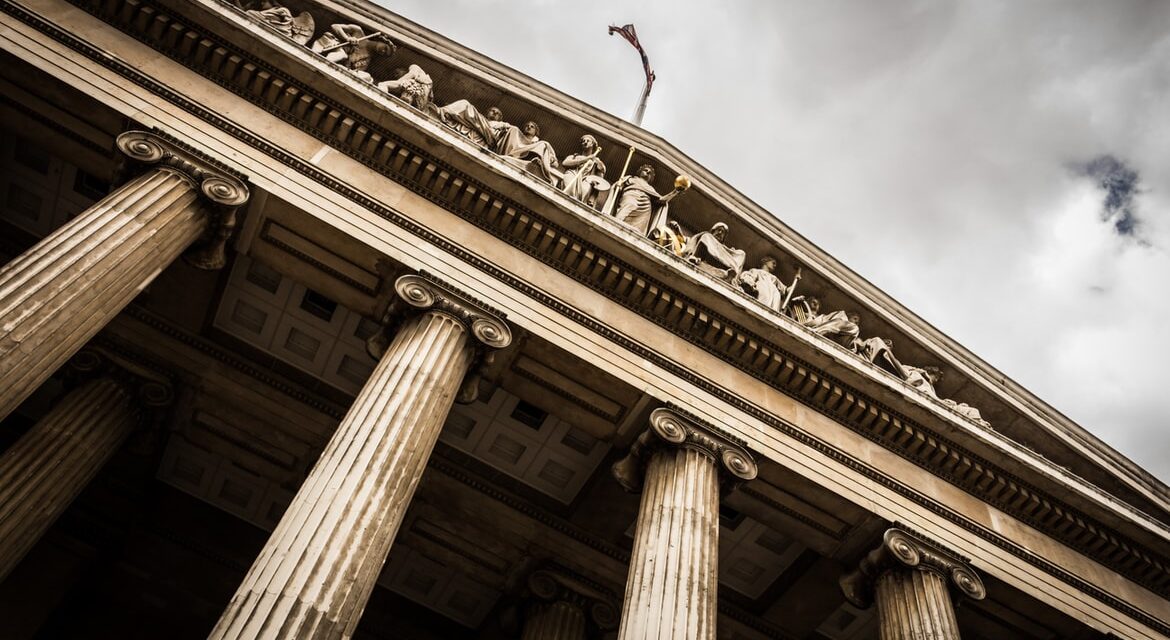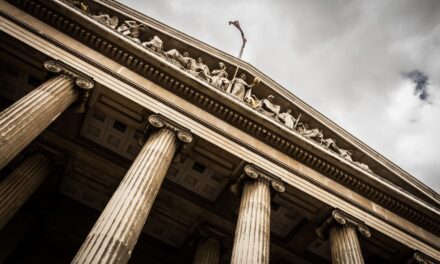Bankruptcy FAQ
Do I have to go to court?
Are my creditors allowed to come to court and question me?
Can I keep my house and my car?
Do I have to turn over my tax refund to the court?
How long will bankruptcy stay on my credit report?
Can all my debts be included in bankruptcy?
Can the court deny my bankruptcy?
If I am also going through a divorce, will a bankruptcy disrupt those proceedings?
What if my house is in foreclosure? What if I’m being sued in court for an old credit card? What if I have a garnishment?
My car is about to be repossessed, what can I do?
What do I need to file for bankruptcy?
Do I Have To Go To Court?
You will usually have only one appearance in bankruptcy court with a bankruptcy trustee. Your attorney will attend with you. In most cases, your appearance lasts only a few short minutes.
Are My Creditors Allowed To Come To Court And Question Me?
Although your court appearance is referred to as the meeting of creditors, it is rare for a creditor to appear. If a creditor does come to the meeting, they are very limited in what they can ask and your lawyer will be there to protect you from creditor harassment.
Can I Keep My House And My Car?
In most Chapter 7 and Chapter 13 bankruptcy cases, it is possible to keep your home and vehicles, as long as you can afford the payments. If you are behind on payments then there are options available to give you time to bring the payments current.
Do I Have To Turn Over My Tax Refund To The Court?
This depends on whether you file for Chapter 7 or Chapter 13 bankruptcy protection. Generally speaking in a Chapter 7 case, at least in the state of Kentucky, the majority of people who file bankruptcy will be able to protect their tax refund with the property exemptions that debtors in bankruptcy are allowed to use to protect their property. In Indiana, it is slightly more difficult because the property a person can keep is not as generous, but you are always able to keep the Earned Income Credit (EIC) portion of the tax refund. In a Chapter 13 case, it is sometimes necessary to turn over tax refunds, particularly in the Louisville division of the U.S. Bankruptcy Court, but only if the debtor is not paying their creditors in full. Again, the EIC is not subject to the turnover requirement in either state in a Chapter 13 case.
How Long Will Bankruptcy Stay On My Credit Report?
The bankruptcy will be reported on your credit report for 10 years as a “public record” notation, but not as a credit notation. However, this does not mean you won’t be able to get credit. Most people who are granted a bankruptcy discharge will receive credit offers immediately, and there is some evidence that suggests filing bankruptcy actually begins to improve some debtors’ credit scores after the bankruptcy case is over.
Can All My Debts Be Included In Bankruptcy?
In a Chapter 7 bankruptcy, most debts are dischargeable (i.e., eliminated), including credit cards, medical bills, personal loans, deficiency balances from repossessions and most lawsuit judgments. Some tax debt is also dischargeable. Debts that cannot be discharged include: Almost all student loan debt (however, for co-signed “private” student loans you should call us immediately if the primary obligor goes into default), child support, certain types of taxes and some debts stemming from personal injury to others (primarily, damages from drunk driving or the like).
Can The Court Deny My Bankruptcy?
Yes. If you file a Chapter 7 bankruptcy and the court finds that it is an abuse of the system, they will ask you to convert to a Chapter 13 or dismiss the case. This type of situation does not arise often, but could happen if your disposable income is found to be enough to repay your debts in a Chapter 13 bankruptcy (instances of this happening is usually tied to someone hiring an inexperienced bankruptcy attorney). This determination is made prior to filing a case, so denial of a discharge is extremely rare.
If I Am Also Going Through A Divorce, Will A Bankruptcy Disrupt Those Proceedings?
No. In many cases, filing bankruptcy can actually make a divorce case easier to settle. However, it is important to notify both your divorce attorney and bankruptcy attorney if you are in the midst of one and then file the other, so that the proper information can be reviewed by both lawyers.
What If My House Is In Foreclosure? What If I’m Being Sued In Court For An Old Credit Card? What If I Have A Garnishment?
When a bankruptcy case is filed, whether it’s a Chapter 7 or Chapter 13, the Bankruptcy Code puts in effect an “automatic stay.” Basically, this puts the creditors in a “time out” that allows the debtor to get through the bankruptcy. All collection activity has to stop… and that includes collection letters, phone calls, lawsuits, foreclosures and garnishments. There may be a slight delay between the filing of a bankruptcy and a creditor receiving notice of it, but any funds garnished after the filing of the bankruptcy case will generally be returned without a fight. In some limited cases, creditors may even have to return funds garnished before the bankruptcy was even filed . Filing a bankruptcy case gives the debtor the relief from creditor action that is often needed to get back on their feet and start fresh. This temporary protection becomes permanent when the final discharge is entered.
My Car Is About To Be Repossessed, What Can I Do?
Filing a bankruptcy stops all collection action, and that includes repossession of collateral such as automobiles. Depending on how many payments a debtor is behind will determine whether they can ultimately keep their car in a Chapter 7 (in a Chapter 13, the amount of missed payments is irrelevant). It’s also a factor of how much is owed on car in relation to how much it’s worth. Keeping a $1,000 car and paying $10,000 for it just doesn’t make sense. But luckily there are options available under Chapter 13 cases, and there is also the debtor’s right to redeem the property by paying the fair market value (although that is harder when the automobile is worth a lot of money). Regardless, filing the bankruptcy case will give the debtor a period of time, usually two to three months, to determine what they want to do with their car without having to worry about it being taken in the middle of the night by a repo company.
What Do I Need To File For Bankruptcy?
Before you file for bankruptcy, you will need to share key financial and legal information with your attorney, including:
Tax returns from the last two years
Mortgage and lease papers
Student loan information
Vehicle titles
Correspondence from creditors
Bank account information
Files from past or ongoing legal cases
Court orders for items such as child support payments
Lawsuit documents (if a creditor has filed a lawsuit to collect a debt)
Recent bills from all creditors
Bills and receipts from major purchases within the last 12 months
Contact Us With Your Additional Bankruptcy Questions
If you are considering filing bankruptcy or have further questions, call our offices toll free at 502-785-1005 or email us now to schedule a consultation to discuss your particular facts and circumstances.



